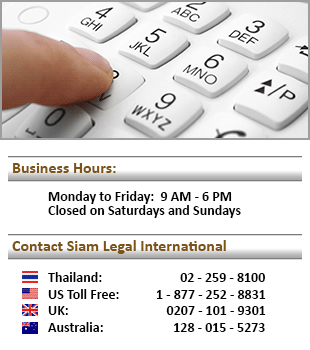Thailand Long-Term Residency Visa. Thailand’s Long-Term Resident (LTR) visa represents a significant shift in the country’s immigration policy, aiming to attract high-potential foreigners and stimulate economic growth. This visa offers a ten-year stay, coupled with various tax and non-tax benefits, making it an attractive option for digital nomads, retirees, and skilled professionals.
Understanding the LTR Visa
The LTR visa is designed to appeal to four primary categories of individuals:
- Wealthy Global Citizens: Individuals possessing assets worth at least USD 1 million.
- Wealthy Pensioners: Retirees aged 50 or older with a stable income.
- Work-from-Thailand Professionals: Remote workers employed by foreign companies.
- Highly-Skilled Professionals: Individuals with expertise in specific industries.
Each category has specific requirements, such as income thresholds, educational qualifications, or work experience. The visa is renewable for up to ten years, offering a long-term perspective for those who qualify.
Benefits of the LTR Visa
Beyond the extended stay, the LTR visa comes with several advantages:
- Tax Incentives: Depending on the category, visa holders may enjoy reduced tax rates or exemptions.
- Work Permits: For those eligible, obtaining a work permit is simplified.
- Healthcare Access: LTR visa holders can access specific healthcare services.
- Education Benefits: Potential advantages for children’s education, though details may vary.
- Immigration Fast Track: Priority processing at immigration checkpoints.
The Application Process
Obtaining an LTR visa involves several steps:
- Eligibility Assessment: Determine which category you qualify for based on the specific requirements.
- Document Preparation: Gather necessary documents, including financial statements, proof of income, employment certificates, and educational qualifications.
- Application Submission: Submit the application to the designated authorities, typically the Board of Investment (BOI).
- Interview (Optional): Depending on the case, an interview may be required.
- Visa Issuance: Upon approval, the LTR visa will be issued.
Challenges and Considerations
While the LTR visa presents a promising opportunity, potential applicants should be aware of:
- Strict Eligibility Criteria: Meeting the financial or professional requirements can be challenging.
- Application Process Complexity: The application process may be time-consuming and require assistance from legal or immigration experts.
- Economic Fluctuations: The visa’s benefits are tied to the country’s economic conditions.
- Policy Changes: Immigration laws and regulations can change, affecting visa holders.
Seeking Professional Guidance
Given the complexities involved, consulting with immigration lawyers or consultants specializing in Thai residency is highly recommended. They can provide expert advice, streamline the application process, and increase the chances of a successful outcome.


